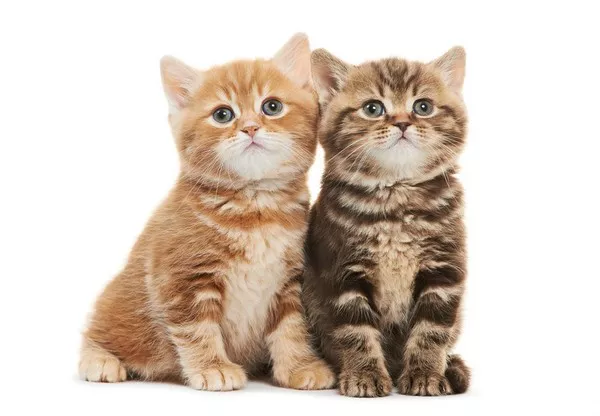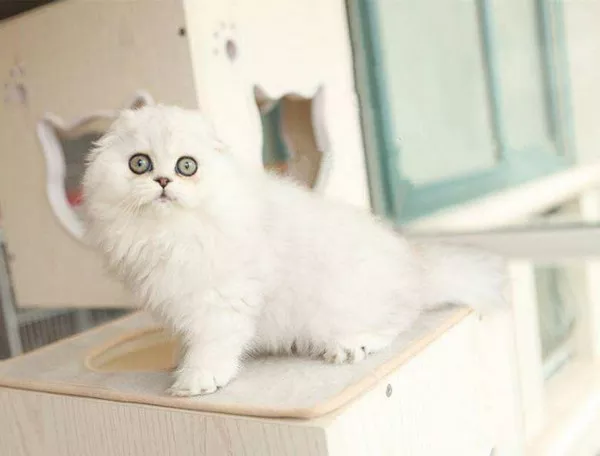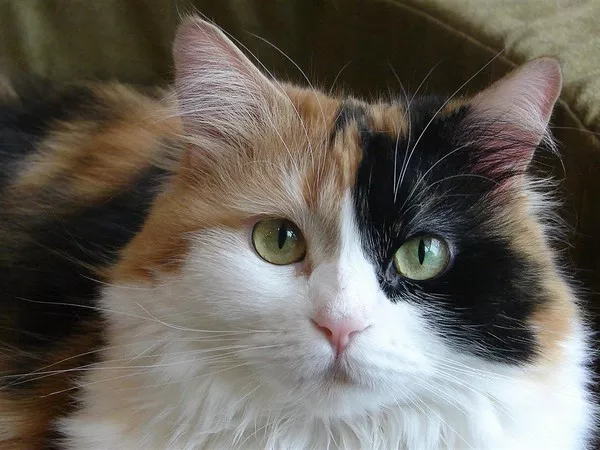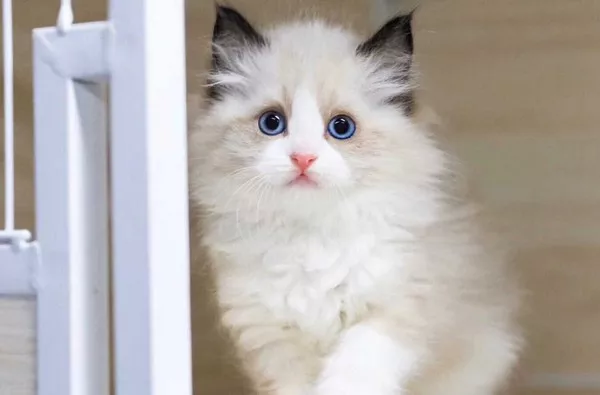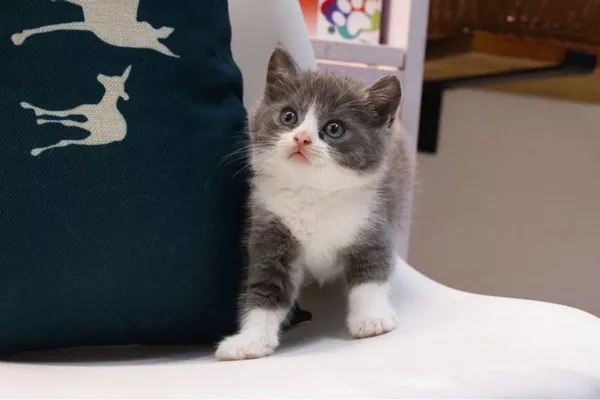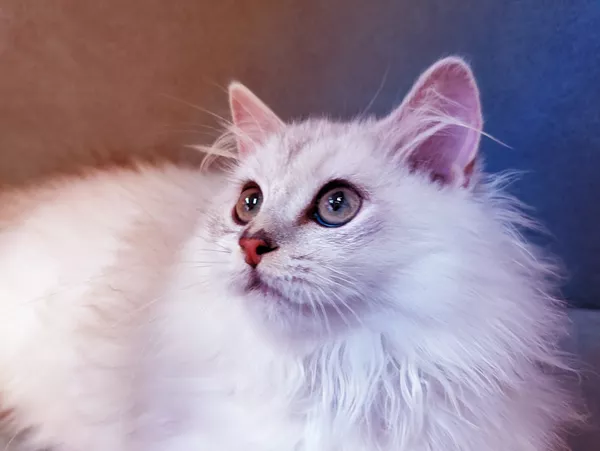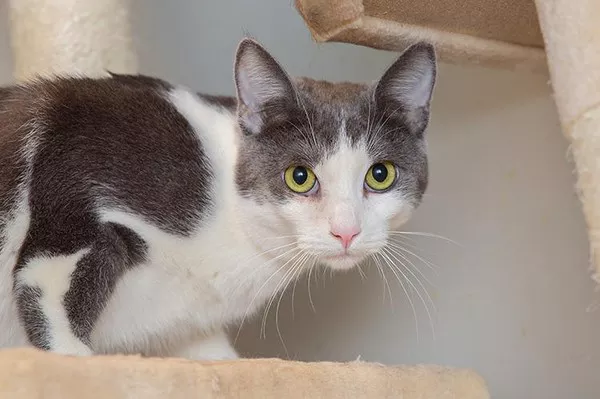The British Shorthair cat is a popular breed of domesticated cat that is known for its affectionate and laid-back nature. They are often described as being sturdy and robust, with a rounded, compact body and a thick, plush coat. These cats are renowned for their gentle, loving nature, making them ideal pets for families and single people alike.
When it comes to the lifespan of a British Shorthair cat, there are a number of factors that can impact how long they live. Generally speaking, a healthy British Shorthair cat can live for anywhere from 12 to 20 years. However, there are a few things to keep in mind that can influence their lifespan.
One of the most important factors is genetics. Just like with any other animal or human being, genetics play a significant role in determining how long a British Shorthair cat will live. Some cats may be predisposed to certain health conditions or genetic disorders that can shorten their lifespan. It is important to choose a reputable breeder when purchasing a British Shorthair cat to ensure that they come from healthy stock.
Another factor that can impact the lifespan of a British Shorthair cat is their overall health and wellbeing. Cats that are well-cared for, given proper nutrition and exercise, and taken to the vet regularly for check-ups and vaccinations are likely to live longer than cats that are neglected or mistreated. It is important to provide your British Shorthair cat with a balanced diet that meets their nutritional needs, as well as plenty of opportunities for exercise and play.
One health condition that can impact the lifespan of a British Shorthair cat is obesity. These cats have a tendency to gain weight if they are not given enough exercise or if they are overfed. Obesity can lead to a number of health problems, including diabetes, heart disease, and joint problems. It is important to monitor your cat’s weight and adjust their diet and exercise routine as needed to ensure that they maintain a healthy weight.
Other health issues that can impact the lifespan of a British Shorthair cat include dental problems, kidney disease, and cancer. It is important to take your cat to the vet regularly for check-ups and to be vigilant for any signs of illness or injury.
In addition to genetics and overall health, the environment that a British Shorthair cat lives in can also impact their lifespan. Cats that are kept indoors are generally safer and healthier than cats that are allowed to roam outdoors. Indoor cats are less likely to be exposed to diseases, parasites, and predators, and are less likely to be hit by cars or injured in fights with other animals. It is important to provide your cat with plenty of opportunities for play and stimulation indoors to ensure that they are happy and healthy.
In conclusion, the lifespan of a British Shorthair cat can vary depending on a number of factors, including genetics, overall health and wellbeing, and environment. While some cats may live for 12 years, others may live for 20 years or more. By providing your cat with proper nutrition, exercise, and veterinary care, you can help ensure that they live a long, healthy, and happy life.

